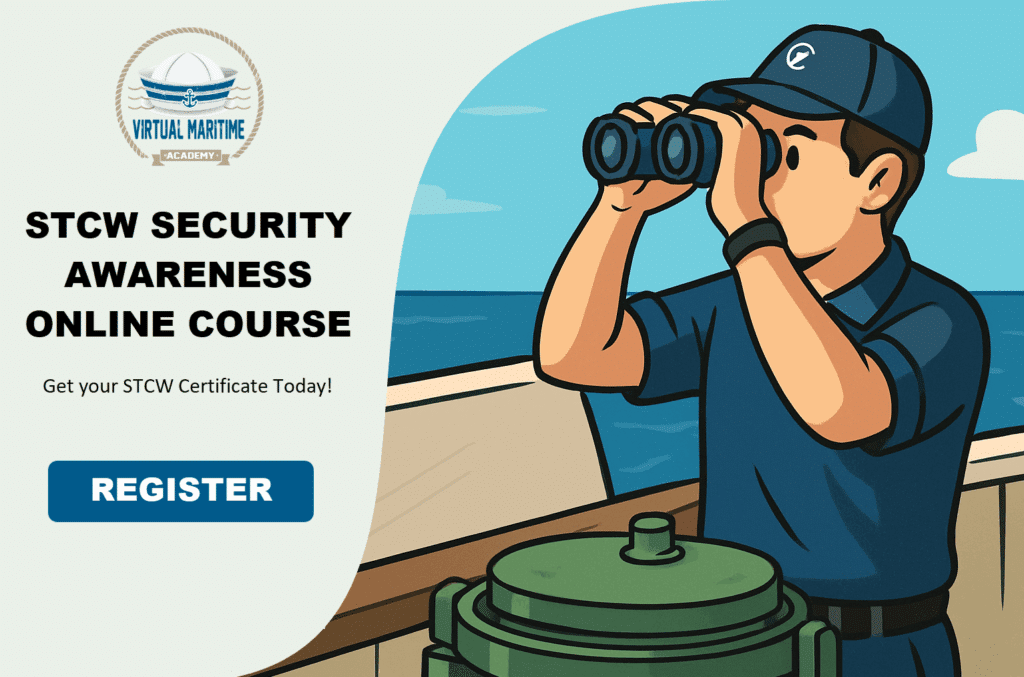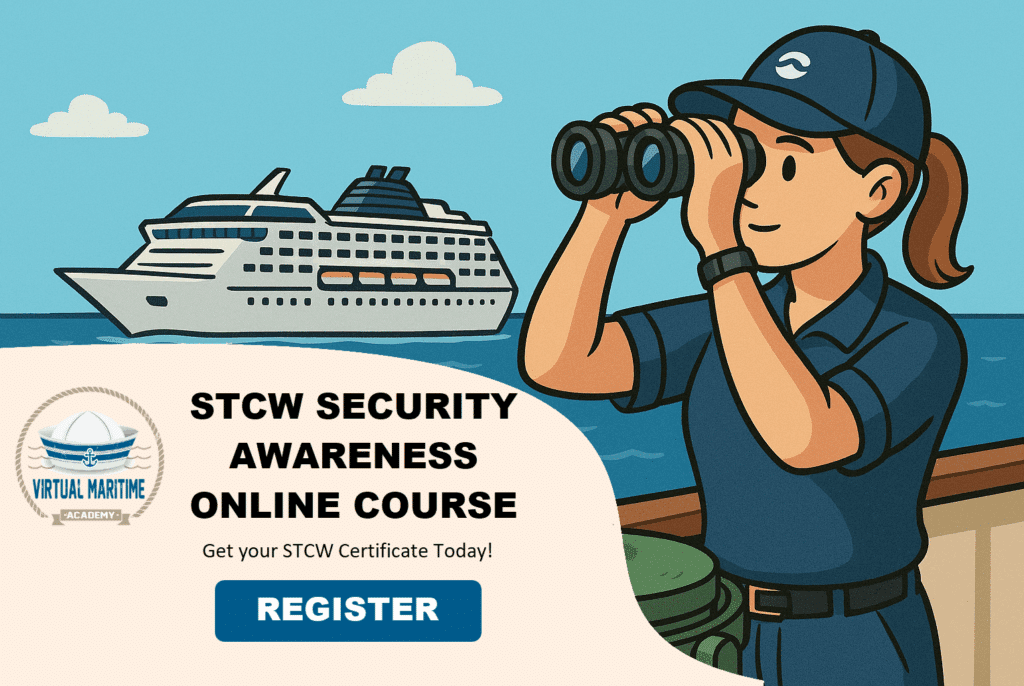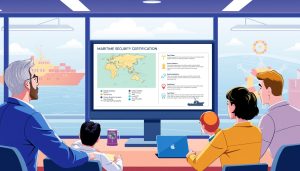Overcoming Common Challenges in the PSA / VPWOSR Course
In the maritime industry, maintaining high standards of security is non-negotiable, especially aboard cruise ships where passenger safety is paramount. To ensure that all seafarers, including those without direct security responsibilities, are equipped with essential knowledge, the Proficiency in Security Awareness (PSA) and Vessel Personnel Without Security Responsibilities (VPWOSR) courses play a vital role. However, many students encounter challenges while undergoing training. This article delves into common obstacles faced by vessel crew during the PSA/VPWOSR course, along with practical strategies to overcome them. From effective time management techniques to building a robust support network and enhancing retention, we aim to empower cruise ship crew members to excel in their security awareness training and fully embrace their crucial role in safeguarding passengers and the vessel.
Learn More About our PSA Online Course Here!
Key Takeaways
- Students commonly face time management issues in the PSA / VPWOSR Course.
- Effective strategies can help in balancing study schedules and course demands.
- Building a support network enhances motivation and accountability among peers.
- Utilizing active learning techniques can significantly improve retention of course material.
- Identifying challenges early allows for timely interventions and improved academic performance.
Identifying Key Challenges Faced by Students
Security awareness is vital for all personnel onboard cruise ships, and participants in the PSA/VPWOSR course must navigate specific challenges to maximize their learning experience. One of the primary hurdles is the diverse background of crew members; many come from varying levels of maritime experience and training. This diversity can lead to disparities in understanding security protocols, making it crucial to adopt inclusive teaching methods to ensure everyone is on the same page. Additionally, the ever-evolving nature of maritime threats can be daunting for students trying to keep pace with the latest security procedures. Overcoming these common challenges in the PSA / VPWOSR course involves fostering a supportive learning environment, utilizing real-world case studies that illustrate security scenarios, and emphasizing the importance of proactive engagement. By addressing these hurdles head-on, crew members can emerge from the training not only well-versed in the essentials of cruise ship security training but also empowered to perform their roles in safeguarding the vessel and its passengers.
Strategies for Effective Time Management
Time management is critical for cruise ship crew members participating in Security Awareness Training for All Seafarers, specifically the PSA/VPWOSR course, which stands for Proficiency in Security Awareness and Vessel Personnel Without Security Responsibilities. Overcoming common challenges in the PSA/VPWOSR course can enhance your understanding and retention of vital security concepts. One effective strategy is to create a structured study schedule that dedicates specific blocks of time for course materials amid your busy shipboard duties. Utilize tools such as planners or digital calendars to prioritize lessons and assign deadlines for completing modules. Additionally, breaking down the course content into manageable sections can help maintain focus and prevent feelings of being overwhelmed. Engaging with fellow crew members through group study sessions can further facilitate a collaborative learning environment, reinforcing knowledge through discussion and shared understanding. By proactively addressing these challenges, cruise ship professionals can excel in their security training, ensuring not only their personal proficiency but also contributing to the overall safety and security culture aboard the vessel.
Learn More About our PSA Online Course Here!
When it comes to building a successful foundation in cruise ship security, overcoming common challenges in the PSA/VPWOSR course is crucial for every crew member. Initially, many trainees may feel overwhelmed by the extensive regulations and protocols surrounding maritime security. To combat this, forming a support network among fellow crew members can provide invaluable assistance. Engaging in study groups, sharing insights around security awareness in daily operations, and leveraging each other’s strengths can foster a collaborative learning environment. Additionally, mentors such as security officers or seasoned seafarers can guide trainees, helping them navigate the nuances of vessel security tasks with confidence. Regular discussions about real-world applications of what’s learned in the PSA/VPWOSR course—like how security awareness can prevent potential threats or enhance passenger safety—will not only reinforce knowledge but also empower crew members to take proactive roles in safeguarding their ship. Remember, each crew member’s participation in the cruise ship security training is vital; by supporting one another, you can transform challenges into stepping stones towards a secure maritime environment.
Techniques for Enhancing Learning and Retention
Enhancing learning and retention in the PSA/VPWOSR course is crucial for cruise ship crew members who play an integral role in maritime security. One of the primary challenges faced by participants is retaining the information imparted during training sessions, especially when dealing with extensive regulatory frameworks and security protocols. To overcome these common challenges, interactive learning techniques such as scenario-based training can be highly effective. By simulating real-world security incidents on board, crew members can better understand their roles in emergency situations, making the training more memorable. Additionally, incorporating multimedia tools, such as videos and infographics, can cater to various learning styles, ensuring that all crew members engage with the material. Regular quizzes and group discussions also help reinforce concepts, allowing participants to share insights and clarify doubts, thus solidifying their knowledge. By actively participating in these methods, seafarers enhance their security awareness, which is critical for maintaining shipboard safety and preventing incidents.
About Virtual Maritime Academy
Virtual Maritime Academy is a global leader in online maritime education and training, offering courses designed to meet the evolving needs of the shipping industry. As a DNV Certified Maritime Training Provider with CPD accreditation, we deliver cutting-edge programs that prepare seafarers and maritime professionals for today’s and tomorrow’s challenges. 🌊⚓

















